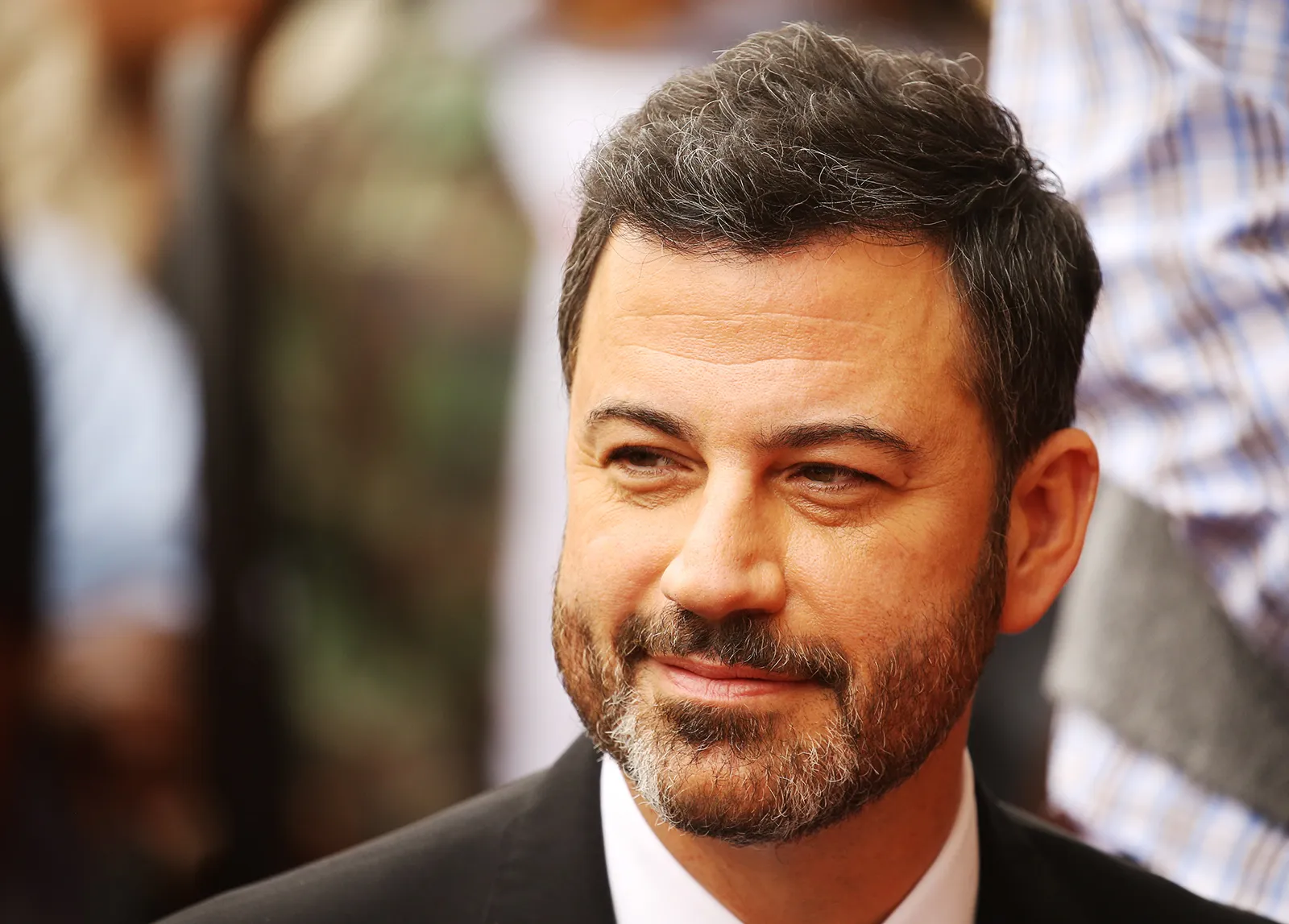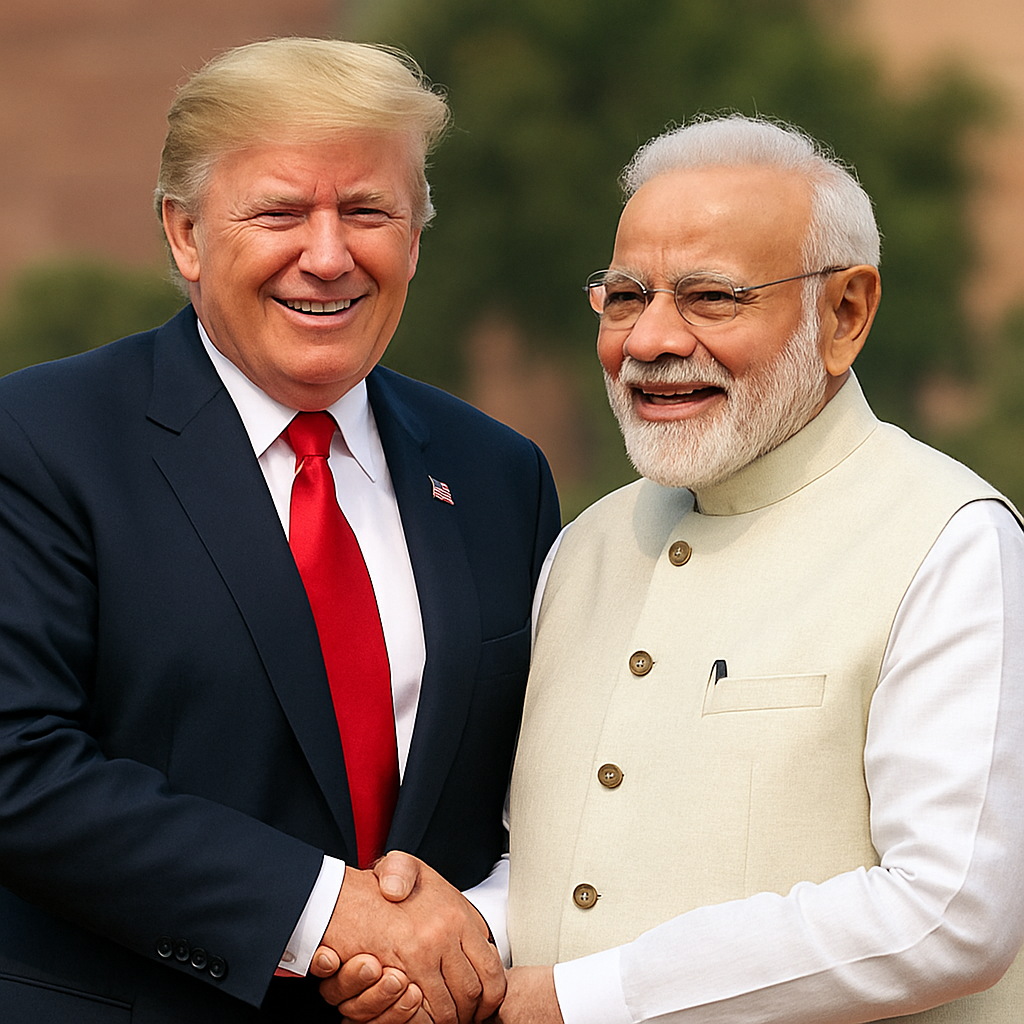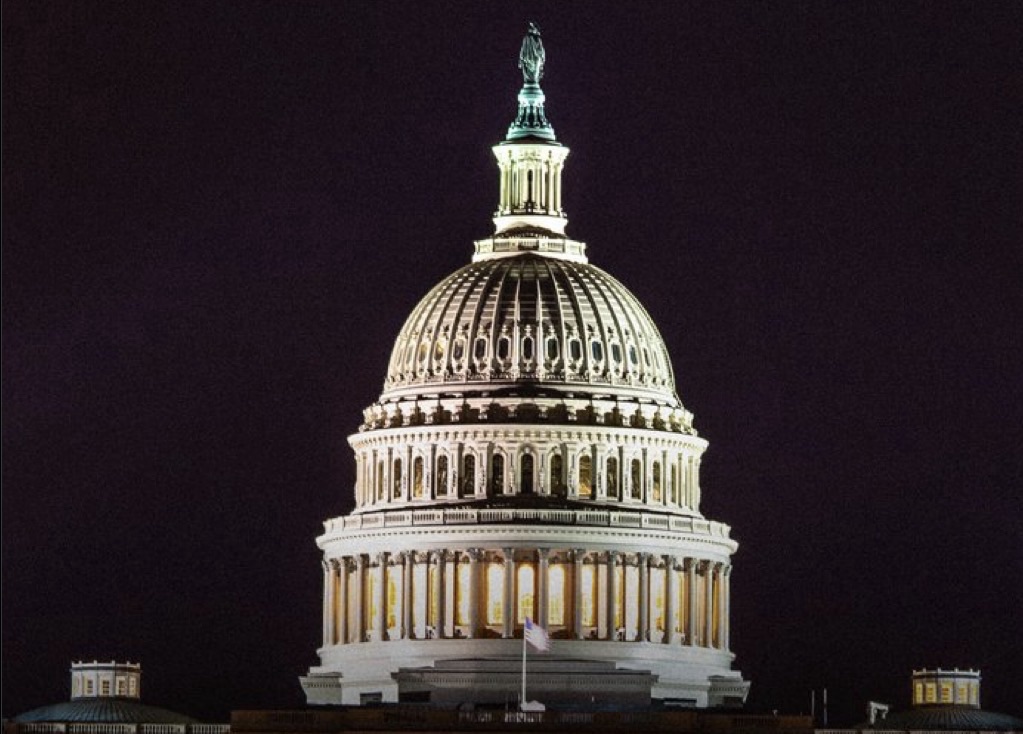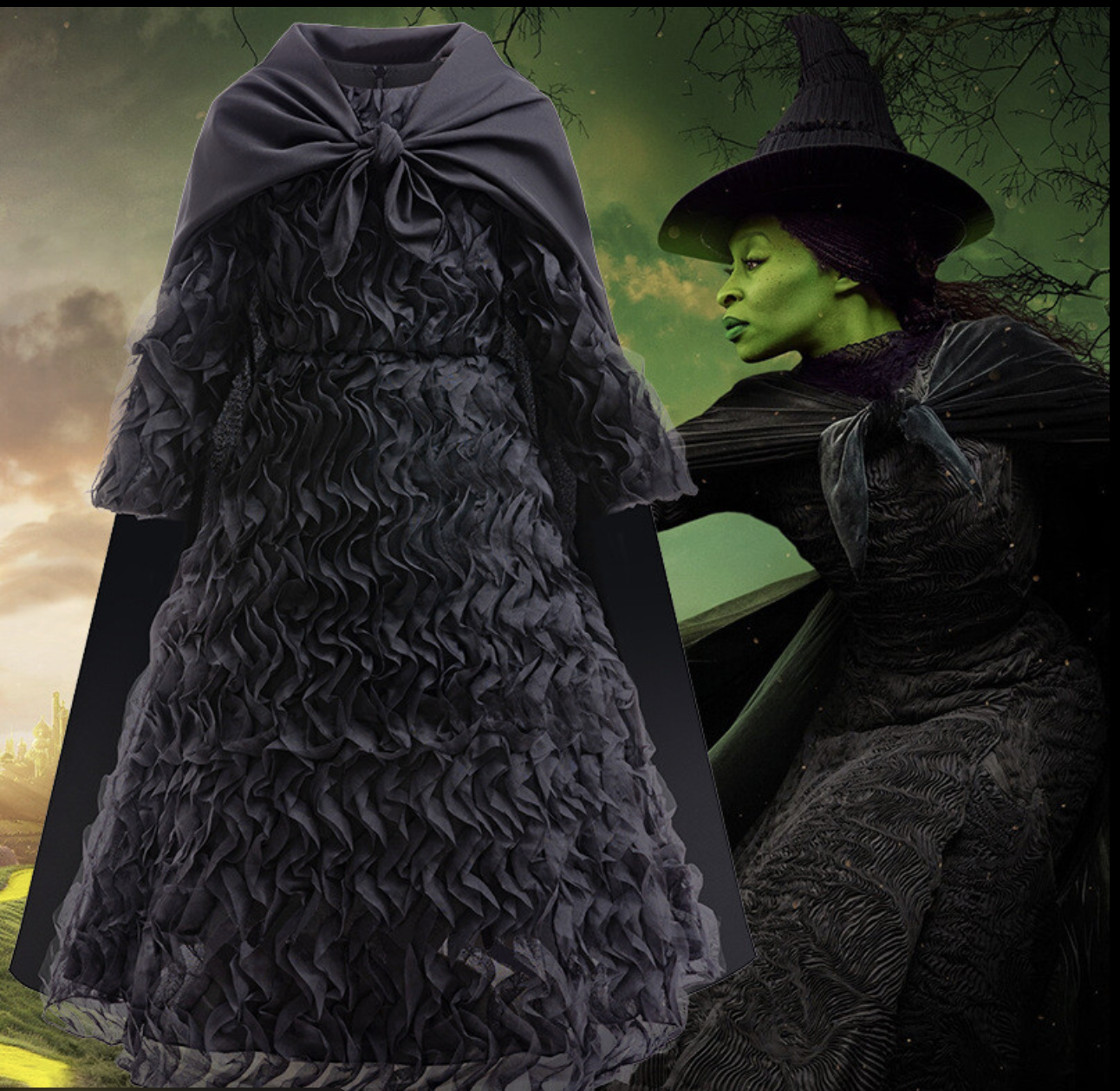
Former President Donald Trump has never been shy about voicing his opinions on the media, and this month he turned his attention once again to late-night television. His latest target is ABC’s decision to keep Jimmy Kimmel on the air, a move that Trump strongly criticized. The clash is not new; Trump and Kimmel have exchanged jabs for years. But this recent outburst highlights the former president’s long-standing frustration with what he views as biased entertainment and the network’s continued support of one of his fiercest comedic critics.
A History of Tension Between Trump and Kimmel
Jimmy Kimmel, the host of Jimmy Kimmel Live!, has built his reputation on sharp humor, celebrity interviews, and often biting political jokes. During Trump’s presidency, Kimmel regularly mocked him in monologues, sketches, and even satirical musical numbers. While Kimmel is far from the only late-night host to go after Trump, he has consistently been among the most relentless.
For Trump, who has always taken pride in his public image, this constant ridicule was more than just entertainment—it was personal. Throughout his political career, Trump frequently lashed out against television hosts, comedians, and networks that criticized him, framing them as unfair or dishonest. Kimmel, with his nightly platform and loyal viewership, quickly became one of Trump’s recurring irritants.
ABC’s Decision and Trump’s Reaction
When ABC recently announced its plans to continue with Kimmel as the face of its late-night lineup, Trump reacted with fury. He slammed the network for what he called “bad judgment” and “a complete lack of respect for millions of Americans.”
Trump argued that ABC’s decision reflects the entertainment industry’s broader bias against conservatives. In his statement, he claimed that the network prioritizes political agendas over balanced programming, catering only to viewers who already oppose him. To Trump, bringing Kimmel back is less about ratings and more about pushing a narrative that ridicules conservative voices and normalizes attacks against figures like him.
Kimmel’s Role in Late-Night Politics
Late-night television has evolved in recent decades. What was once focused mainly on light comedy, celebrity appearances, and musical guests has become a stage for political commentary. Hosts such as Kimmel, Stephen Colbert, and Seth Meyers have turned their monologues into nightly critiques of political leaders, with Trump often at the center.
Supporters of this approach argue that comedy has always had a role in holding power to account. They see Kimmel’s satire as part of a long tradition of political humor, from Johnny Carson’s jokes to Saturday Night Live’s sketches. Critics, however, including Trump, argue that late-night shows have become one-sided platforms that alienate half the country.
Trump’s Broader Battle with the Media
Trump’s criticism of Kimmel is part of a larger narrative he has cultivated for years: a belief that mainstream media and Hollywood are aligned against him. From his earliest days as a political candidate, Trump positioned himself as an outsider battling a hostile press. This framing has been effective in rallying his supporters, many of whom share his distrust of major networks and entertainment outlets.
By attacking ABC for bringing Kimmel back, Trump reinforces this theme. It is not just about one comedian making jokes at his expense—it is about what he describes as a cultural establishment that works to undermine him and those who support his policies.
Public Reactions
Public reaction to Trump’s remarks has been divided, as expected. His critics dismiss the outburst as another example of thin skin, pointing out that presidents and political figures have always been targets of satire. They argue that comedians like Kimmel are simply exercising free speech, and that Trump’s anger reflects his inability to tolerate criticism.
On the other hand, Trump’s supporters echo his frustrations, arguing that shows like Jimmy Kimmel Live! mock their values as much as they mock Trump himself. For them, the issue is not just about one entertainer—it is about a cultural climate that often portrays conservatives as the punchline.
The Ratings Question
ABC’s decision to keep Kimmel also comes down to business. While late-night television no longer commands the same massive audiences it once did, Kimmel remains a recognized figure with a loyal base. Networks are reluctant to shake up a formula that still draws consistent attention, especially at a time when streaming platforms dominate viewing habits.
Trump, however, has suggested that ABC is sacrificing potential viewership by keeping a polarizing figure. He argues that many Americans are tired of what he calls “angry political comedy” and would prefer more balanced or lighthearted entertainment. Whether that assessment is accurate is up for debate, but it reflects Trump’s belief that media companies ignore a large segment of the population.
Trump’s latest attack on ABC for bringing Jimmy Kimmel back is another chapter in the ongoing culture war between the former president and mainstream entertainment. It highlights how late-night television has become a political battlefield, where jokes and satire carry significant weight in shaping public opinion.
For ABC, the decision represents confidence in Kimmel’s appeal and the network’s commitment to a particular brand of humor. For Trump, it is yet another example of media bias and a sign that Hollywood remains firmly against him.
As the 2024 election cycle fades into the past and new political battles emerge, Trump’s feud with late-night television is unlikely to end anytime soon. For now, one thing remains clear: the rivalry between Donald Trump and Jimmy Kimmel continues to symbolize the deep cultural divide in American entertainment and politics.
By; Wilgens Sirise







